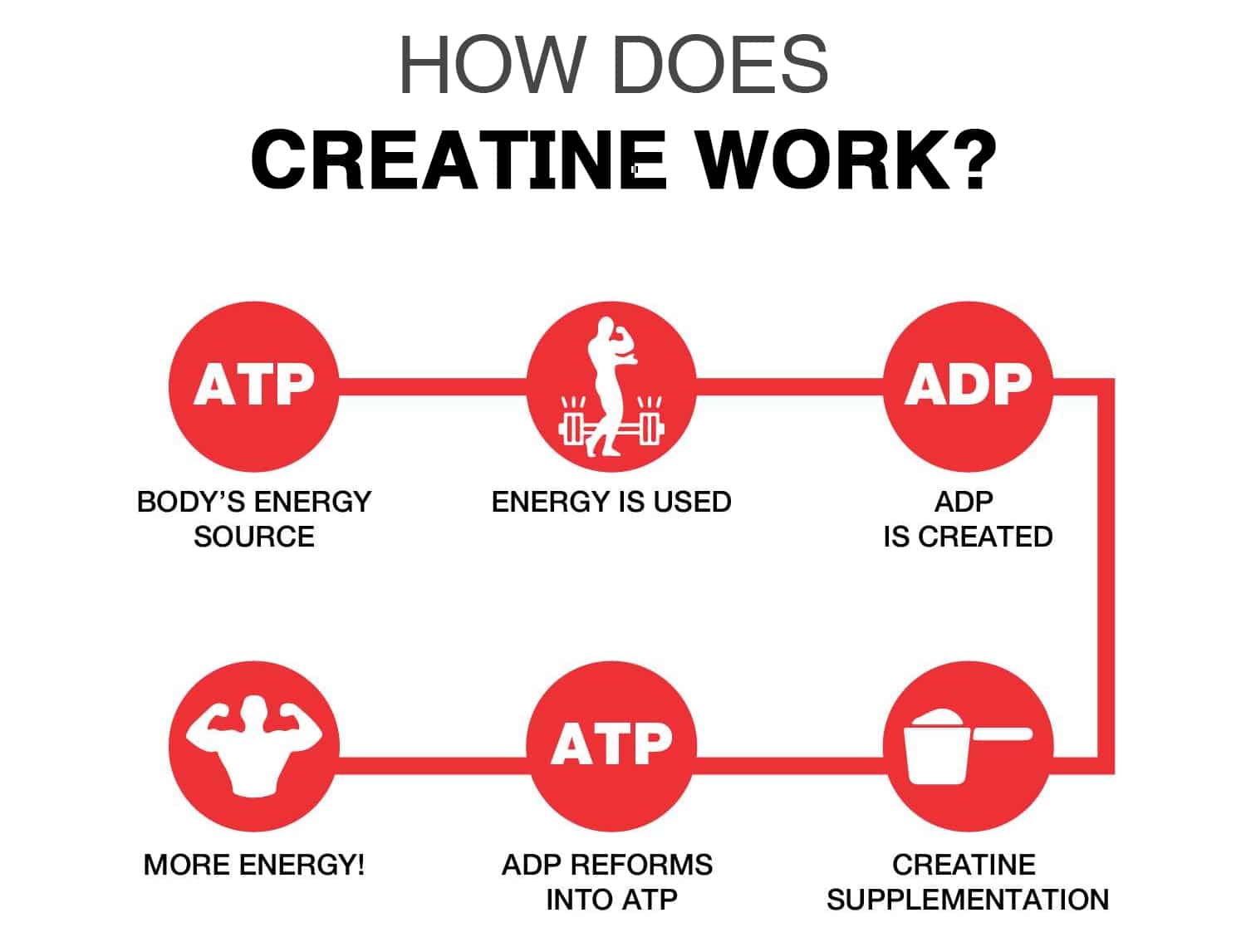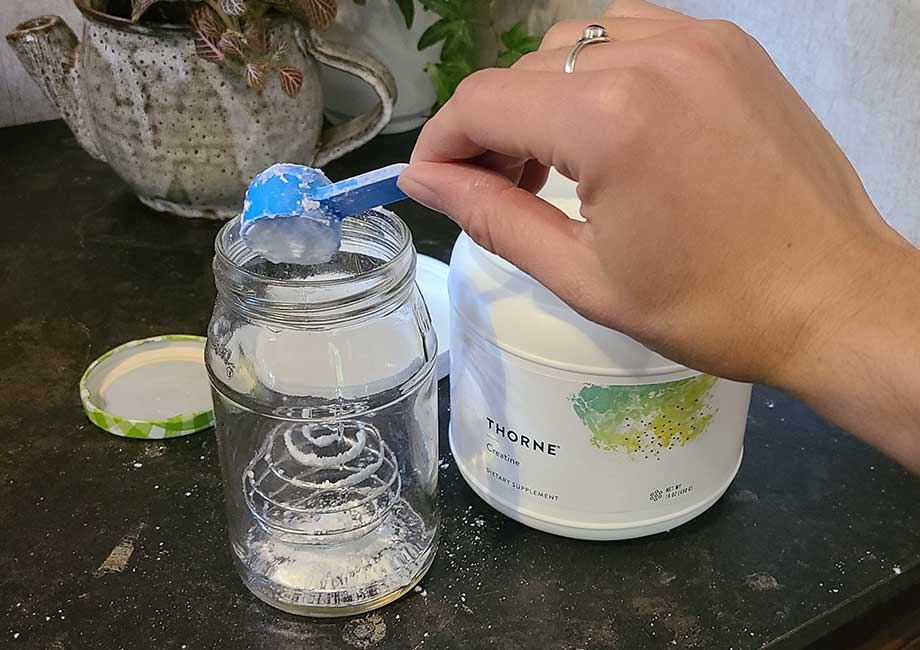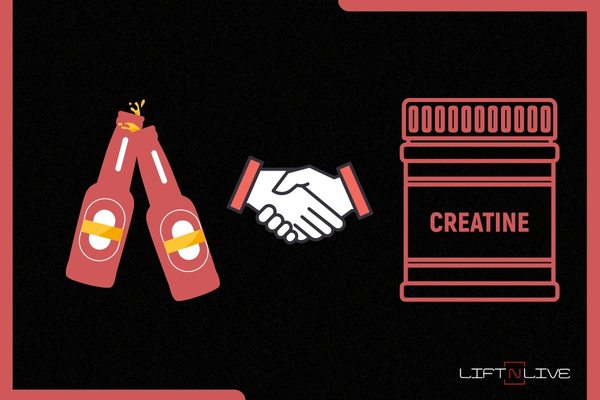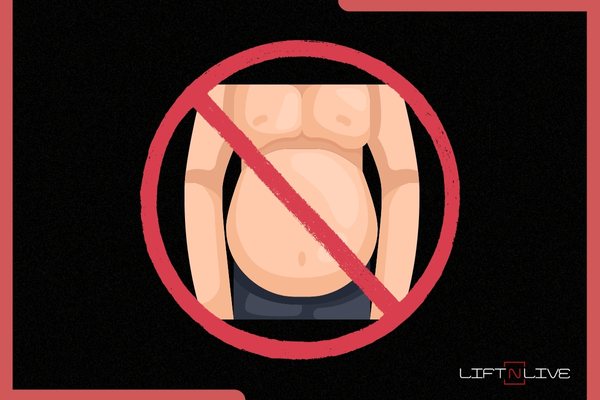How Much Water Do You Need To Drink For Creatine
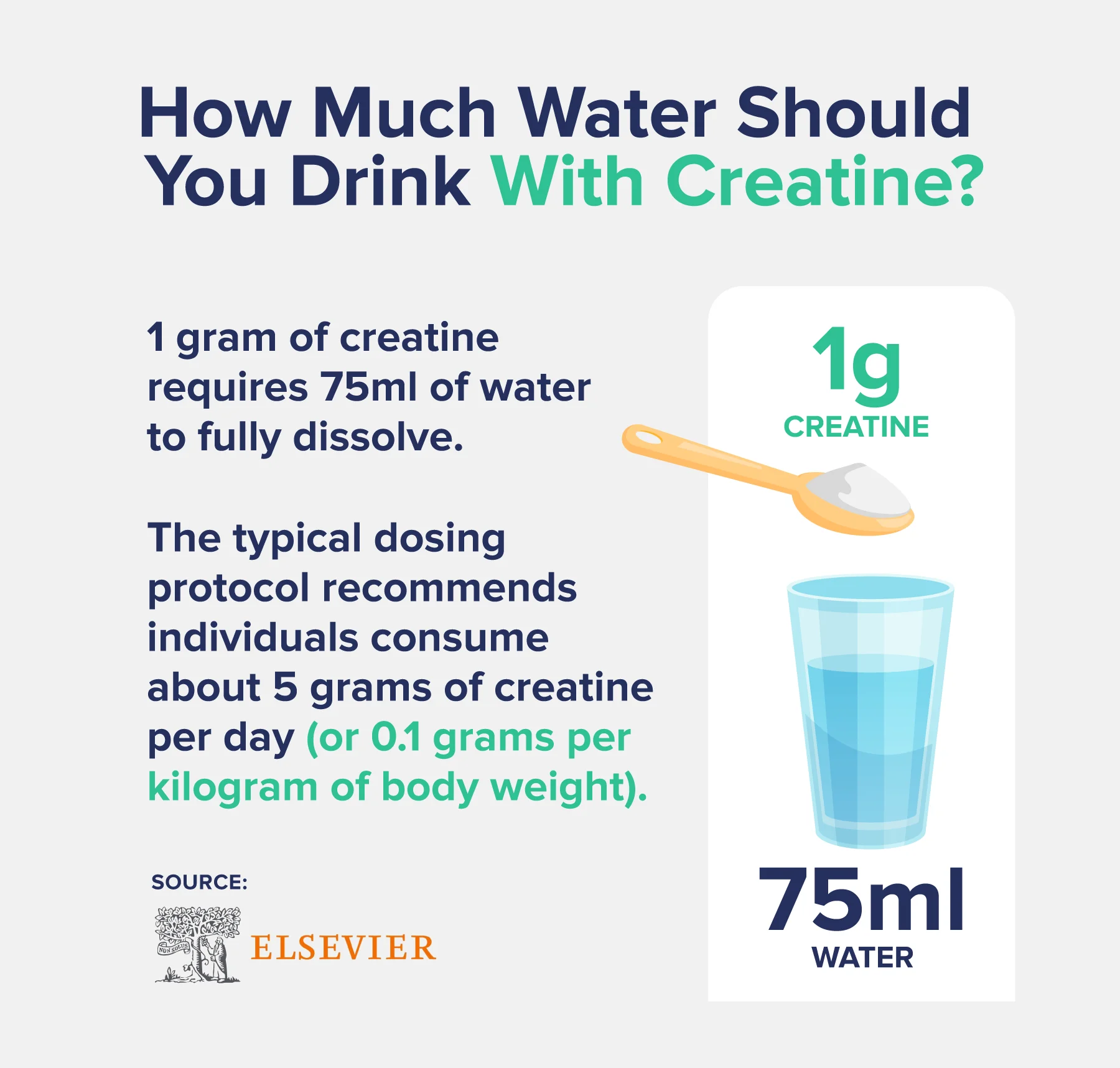
Dehydration danger looms for creatine users! Are you drinking enough water to mitigate potential kidney stress?
The question of adequate hydration while supplementing with creatine is critical. Insufficient water intake can negate benefits and potentially strain the kidneys. This article breaks down the scientifically recommended water intake alongside creatine use, addressing the confusion and ensuring safe supplementation.
The Creatine-Hydration Connection: A Risky Game?
Creatine monohydrate, a popular supplement for muscle growth and performance enhancement, draws water into muscle cells. This process, while beneficial for muscle volumization, can lead to dehydration if not counteracted with increased fluid intake. Dehydration, in turn, puts undue stress on the kidneys as they work harder to filter waste products.
The International Society of Sports Nutrition (ISSN) consistently supports creatine’s efficacy and safety, but emphasizes proper hydration. The risk isn't necessarily *from* creatine itself, but *from* failing to adequately hydrate *while* taking it.
How Much Water Is Enough? The Definitive Guide
A general recommendation exists for daily water intake. The U.S. National Academies of Sciences, Engineering, and Medicine suggests approximately 15.5 cups (3.7 liters) of fluids a day for men and about 11.5 cups (2.7 liters) a day for women.
However, this baseline needs adjustment for creatine users. A common guideline is to add an additional 1 liter (approximately 4 cups) of water per day when taking creatine, particularly during the loading phase.
The loading phase, typically involving 20 grams of creatine daily for 5-7 days, demands higher water intake. Following the loading phase, a maintenance dose of 3-5 grams daily still necessitates increased hydration, though perhaps slightly less aggressive than during loading.
Scientific Backing: Studies and Expert Opinions
Research published in the Journal of Athletic Training highlights the importance of hydration strategies for athletes, particularly those using supplements like creatine. These studies underscore that individual needs vary based on activity level, climate, and individual physiology.
Dr. Darren Candow, a renowned creatine researcher, consistently emphasizes that proper hydration is paramount for safety and efficacy. His publications on creatine supplementation protocol also stress the importance of individual adjustment to the general guidelines based on individual needs.
While some early studies initially linked creatine to dehydration and muscle cramps, these concerns have largely been debunked with more rigorous research and meta-analyses. However, these studies often clarify that the initial findings were due to dehydration, which is preventable with appropriate water intake.
Monitoring Your Hydration: Key Indicators
Thirst is not always the best indicator of dehydration. By the time you feel thirsty, you’re already mildly dehydrated.
Monitor your urine color. Pale yellow or clear urine generally indicates adequate hydration. Dark yellow or amber-colored urine suggests dehydration.
Pay attention to physical symptoms like dizziness, headache, and fatigue. These can be early signs of dehydration, especially if you're taking creatine.
Debunking Myths and Addressing Concerns
A common misconception is that creatine directly causes kidney damage. Current evidence indicates that creatine is safe for individuals with healthy kidneys. However, pre-existing kidney conditions, without adequate fluid intake, can be exacerbated by even normal creatine doses.
Another myth is that all forms of creatine require the same level of hydration. While creatine monohydrate is the most studied and widely used form, other forms exist. The hydration recommendations generally hold true for all forms.
Some believe sports drinks are superior to water for hydration with creatine. While electrolytes in sports drinks can be beneficial during intense exercise, plain water is perfectly adequate for most individuals supplementing with creatine. Make sure to consider calorie intake with sports drinks and adjust your diet appropriately.
Practical Hydration Strategies
Carry a water bottle with you at all times. This serves as a visual reminder to drink regularly.
Set hydration goals throughout the day. For example, aim to drink a certain amount of water every hour.
Consume water-rich fruits and vegetables. Watermelon, cucumbers, and spinach can contribute to your overall hydration levels.
The Verdict: Prioritize Hydration for Safe Creatine Use
Supplementing with creatine can be beneficial for athletic performance and muscle growth, but only when combined with adequate hydration. Failure to drink enough water can negate the benefits and potentially harm your kidneys.
Prioritize drinking at least an extra liter of water per day when taking creatine, and monitor your urine color and physical symptoms to ensure you're adequately hydrated. If you have any concerns or pre-existing kidney conditions, consult with a healthcare professional before beginning creatine supplementation.
Stay vigilant. Keep up to date with the latest research on creatine and hydration to ensure you are taking all steps for safe creatine use.




